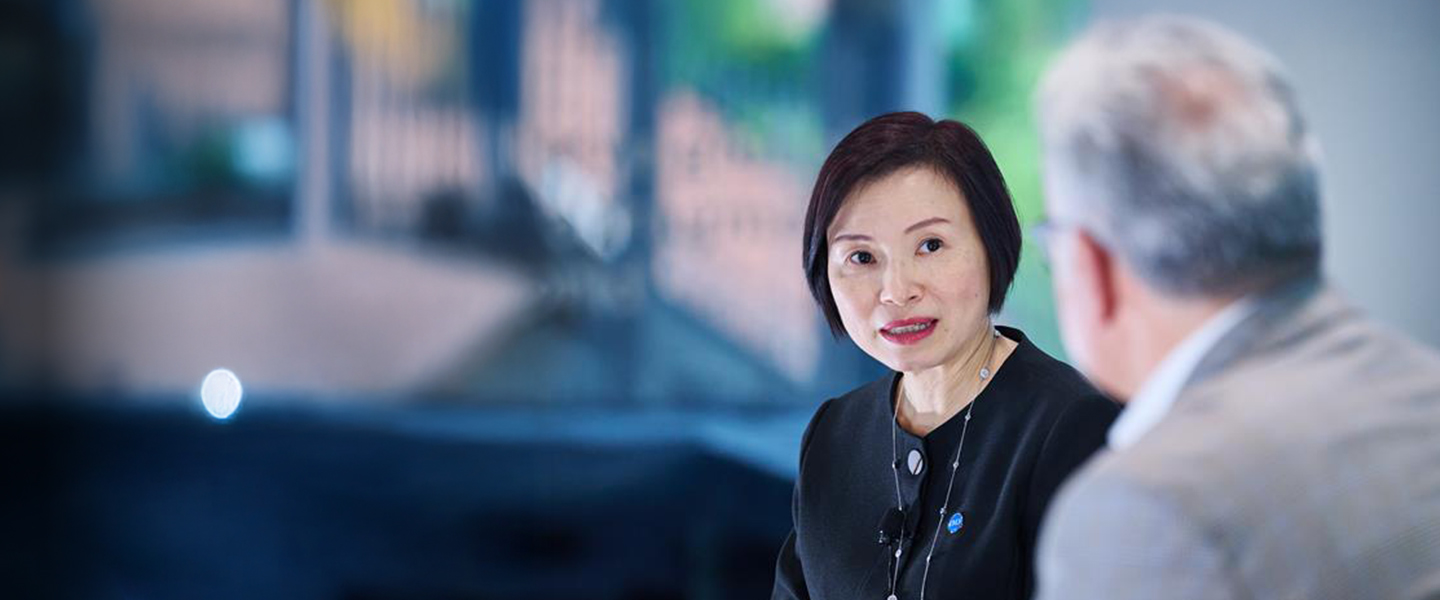
Unilever buys Dollar Shave Club: desperate or strategic?
Unilever announced last week that it would purchase Dollar Shave Club for $1 billion. On the surface, this may look like yet another desperate attempt by a lumbering legacy giant to buy (and overpay for) digital street cred. However, look at little more closely, and this acquisition is packed full of strategic and tactical benefits.
For as long as anyone can remember, the market for razors, or more specifically for razor blades, has been the closest thing to an annuity that exists in business. Unwanted hair stubbornly grows through all business cycles. High fixed costs and an iron grip on distribution has led to an oligopoly in most advanced markets, so the gains are shared among a few huge players. In the US, Gillette (part of P&G) and Schick (part of Energizer) have owned 80% of the market for decades.
Few people take pleasure in buying razor blades. They are expensive and the purchase experience is pretty crappy. For example, in many locations across the globe, razor blades are in locked cabinets, so that they cannot be directly taken off the shelves.
Thus, we have a great potential for disruption: high profit margins for incumbents, coupled with low cost and experience value for consumers.
Enter Dollar Shave Club
Dollar Shave Club is a the venture capital financed, quirky, social media savvy upstart, who introduced cheaper ‘good enough’ razors and blades, delivered directly to a consumer’s home. Over the past two years, company’s growth has exploded, and today it owns an estimated 10% of the US razor blade market. Dollar Shave Club achieved sales of $150 million in 2015 and expects to reach $200 million this year.
Gillette, with a 60% share of the market, took notice, but their options were limited by their incumbent position. They launched their own home delivery razor ‘club’ but maintained their margins, and thus were a lot more expensive than Dollar Shave Club. In short, they stopped short of disrupting themselves.
Enter Unilever
Without a legacy business to disrupt (Unilever is not a significant player in the razor or blade market), Unilever saw Dollar Shave Club as an entry point into a coveted market dominated by its nemesis, P&G. Unilever didn’t need to have an awkward conversation with a channel partner like Duane Read or CVS about cannibalization and channel conflict.
What happens next will be interesting to watch. How will Gillette react? How will Unilever leverage Dollar Shave Club? Will other startups, like Harry’s capitalize on this new competitive space?
Unilever looks very smart in this deal. Its own ecommerce efforts have not been spectacular, and so it will be able to learn a lot from Dollar Shave Club. Plus, it controls a large number of bathroom brands that it could leverage on the same platform as Dollar Shave Club, such as Axe, Dove, and Noxema. Dollar Shave Club combined cost and experience value, and Unilever brings a strong and robust platform into the mix. All together, Unilever now has the ingredients to build a new and powerful digitally-enabled business model.
Michael Wade is the Cisco Chair in Digital Business Transformation, and Professor of Innovation and Strategic Information Management at IMD. His interests lie at the intersection of strategy, innovation, and digital transformation.
He is Director of the Global Center for Digital Business Transformation and co-Director of IMD’s new Leading Digital Business Transformation program (LDBT) designed for business leaders and senior managers from all business areas who wish to develop a strategic roadmap for digital business transformation in their organizations.
He is also co-director of the Orchestrating Winning Performance Program (OWP).
Research Information & Knowledge Hub for additional information on IMD publications
The case examines how DNB Bank, Norway's largest financial services company, reshaped its growth strategy by focusing on startups and SMEs, a segment traditionally considered unprofitable. In 2013, DNB launched a bold SME strategy, deliberately ch...
The case looks at the fundamental challenges, tensions and opportunities associated with an internally run venture as opposed to an externally funded startup or spin-off company. It discusses the genesis and context of Kontor, an internal venture...
In late 2023, when the management team at the consumer packaged goods company Reckitt considered adopting gen AI, potential use cases spanned the business—from drafting presentations to delivering customer support to optimizing procurement contrac...
The World Economic Forum’s Global Cybersecurity Outlook 2024 notes that 91% of business leaders believe a catastrophic cyber event is at least somewhat likely in the next two years. In 2023 alone, the global average cost of a single data breach re...

The average Chief Digital Officer tenure is short. Learn how to design the CDO role for success by aligning priorities, governance, and leadership from the start.
Research Information & Knowledge Hub for additional information on IMD publications
Research Information & Knowledge Hub for additional information on IMD publications
in I by IMD
Research Information & Knowledge Hub for additional information on IMD publications
in I by IMD Brain Circuits 14 October 2025
Research Information & Knowledge Hub for additional information on IMD publications
Research Information & Knowledge Hub for additional information on IMD publications
Research Information & Knowledge Hub for additional information on IMD publications
in Harvard Business Review November-December 2025
Research Information & Knowledge Hub for additional information on IMD publications
Research Information & Knowledge Hub for additional information on IMD publications
Research Information & Knowledge Hub for additional information on IMD publications
Research Information & Knowledge Hub for additional information on IMD publications









